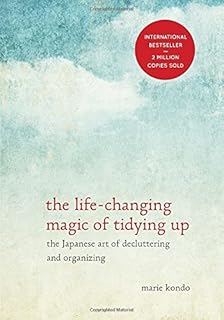transcendentalists: Associated Words
Words described by transcendentalists & Words describing transcendentalists
- concordnoun verb«
- emersonnoun«
- englandnoun«
- ralphnoun«
- americannoun adj«
- believedverb«
- fellownoun«
- soughtverb adj«
- vermontnoun«
- emphasizedverb adj«
- visionarynoun adj«
- rejectedverb adj«
- kantianadj«
- tendedverb«
- professedverb adj«
- sharedverb adj«
- bostonnoun«
- suchadj adv«
- germannoun adj«
- themselves«
- leadingnoun verb adj«
- sawnoun verb«
- minornoun adj«
- arguedverb«
- centurynoun«
- beganverb«
- romanticnoun adj«
- generallyadv«
- christiannoun adj«
- foundnoun verb adj«
- calledverb«
- seemverb«
- generationnoun«
- heldverb adj«
- prominentadj«
- foundedverb«
- contemporarynoun adj«
- feltnoun verb«
- youngeradj«
- thoughtnoun verb«
- manyadj«
- believeverb«
- modernnoun adj«
- tookverb«
- malenoun adj«
- alikeadj adv«
- lateradj adv«
- becameverb«
- majornoun verb adj«
- readnoun verb«
- earlyadj adv«
- drewnoun verb«
- radicalnoun adj«
- opposeverb«
- youngnoun adj«
- callnoun verb«
- earlieradj adv«
- agreedverb adj«
- includedverb adj«
- individualnoun adj«
- wroteverb«
- greatnoun adj«
- lednoun verb«
- triedverb adj«
- naturalnoun adj«
- turnedverb adj«
- those«
- cameverb«
- englishnoun adj«
- madeverb adj«
- fewnoun adj«
- toward«
- bothadj«
- speakverb«
- betweenadv«
- lookedverb«
- twonoun adj«
- acceptedverb adj«
- lesseradj«
- whosenoun«
- samenoun adj«
- neveradv«
- becomeverb«
- seemedverb«
- certainadj«
- wentverb«
- beforeadv«
- makenoun verb«
- gaveverb«
- morenoun adj adv«
Sharpen your Skills with the Masters
Collocation words for "transcendentalists" are words related to "transcendentalists" by occurring either before or after "transcendentalists" in common language usage across multiple media. The above word list can be filtered by parts of speech (i.e) nouns, verbs, describing adjectives and adverbs, or by their positive or negative vibes, frequency in usage, whether they are prefix words or suffix words for "transcendentalists" or by the count of syllables each word has.



